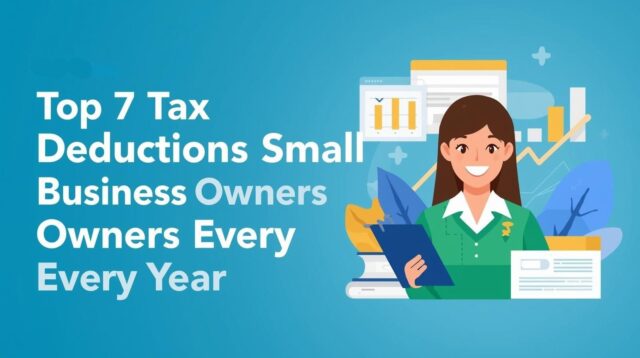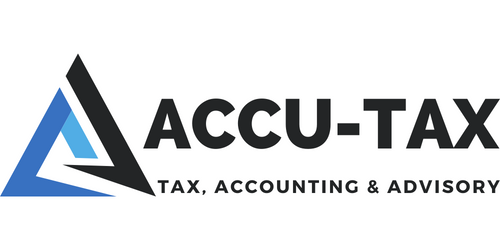
Running a small business means wearing many hats, and tax time can be especially overwhelming. While most business owners are aware of the big deductions—like office rent and employee wages—many valuable deductions go unclaimed every year. Overlooking these can mean paying more tax than necessary. Here are the top 7 tax deductions small business owners often miss, and how you can make sure you’re not leaving money on the table.
- Home Office Deduction
If you use part of your home regularly and exclusively for business, you may be able to deduct expenses related to that space. This includes mortgage interest, rent, utilities, insurance, repairs, and depreciation. The space must be your principal place of business, a place where you meet clients, or a separate structure used for business. There’s also a simplified method: you can deduct $5 per square foot of business use, up to 300 square feet. Even if you use your home for storage of inventory or as a daycare, you may qualify for a partial deduction—even if the space isn’t used exclusively for business.
- Startup and Organizational Costs
Many new business owners don’t realize that the costs incurred before opening their doors—such as market research, advertising, legal fees, and training—can be deducted. You can deduct up to $5,000 in startup costs and $5,000 in organizational costs in your first year, with any remaining costs amortized over 15 years. If your total startup or organizational costs exceed $50,000, the immediate deduction is reduced by dollar-for-dollar.
- Depreciation and Section 179 Expensing
If you purchase equipment, furniture, or certain improvements for your business, you can recover the cost through depreciation. Section 179 allows you to deduct the full cost of qualifying property (up to a limit) in the year it’s placed in service, rather than depreciating it over several years. For 2025, the Section 179 limit is $2.5 million, with a phase-out threshold of $4 million. Don’t forget to depreciate business-use vehicles, computers, and even improvements to your business property.
- Business Use of Your Vehicle
If you use your car or truck for business, you can deduct either the actual expenses (gas, maintenance, insurance, depreciation) or use the standard mileage rate (70 cents per mile for 2025). You must keep detailed records of your business mileage and expenses. Remember, commuting from home to your regular place of business is not deductible, but travel between business locations or to meet clients is.
- Bad Debts
If you sell goods or services on credit and are unable to collect payment, you may be able to deduct the uncollectible amount as a business’s bad debt. This only applies if the amount was previously included in your income. You must be able to show you take reasonable steps to collect the debt.
- Retirement Plan Contributions
Contributions to retirement plans for yourself and your employees—such as SEP IRAs, SIMPLE IRAs, and 401(k)s—are deductible for business expenses. These plans not only reduce your taxable income but also help you and your employees save for the future. The IRS offers several options tailored for small businesses, each with different contribution limits and requirements.
- Professional Fees and Education
Fees paid to accountants, attorneys, consultants, and other professionals for business services are fully deductible. So are expenses for continuing education that maintains or improves the skills required in your business. This includes seminars, workshops, and even certain online courses, as long as they are directly related to your business.
Bonus: Recordkeeping Is Key
The IRS requires you to keep records that support your income, deductions, and credits. Good records help you monitor your business, prepare accurate tax returns, and substantiate items if you’re audited. Keep receipts, invoices, mileage logs, and bank statements organized and accessible for at least three years after you file your return.
Need Help?
Navigating small business taxes can be complex, and missing out on deductions can cost you. If you need help maximizing your deductions or have questions about your specific situation, contact us today. We’re here to help you keep more of what you earn!

